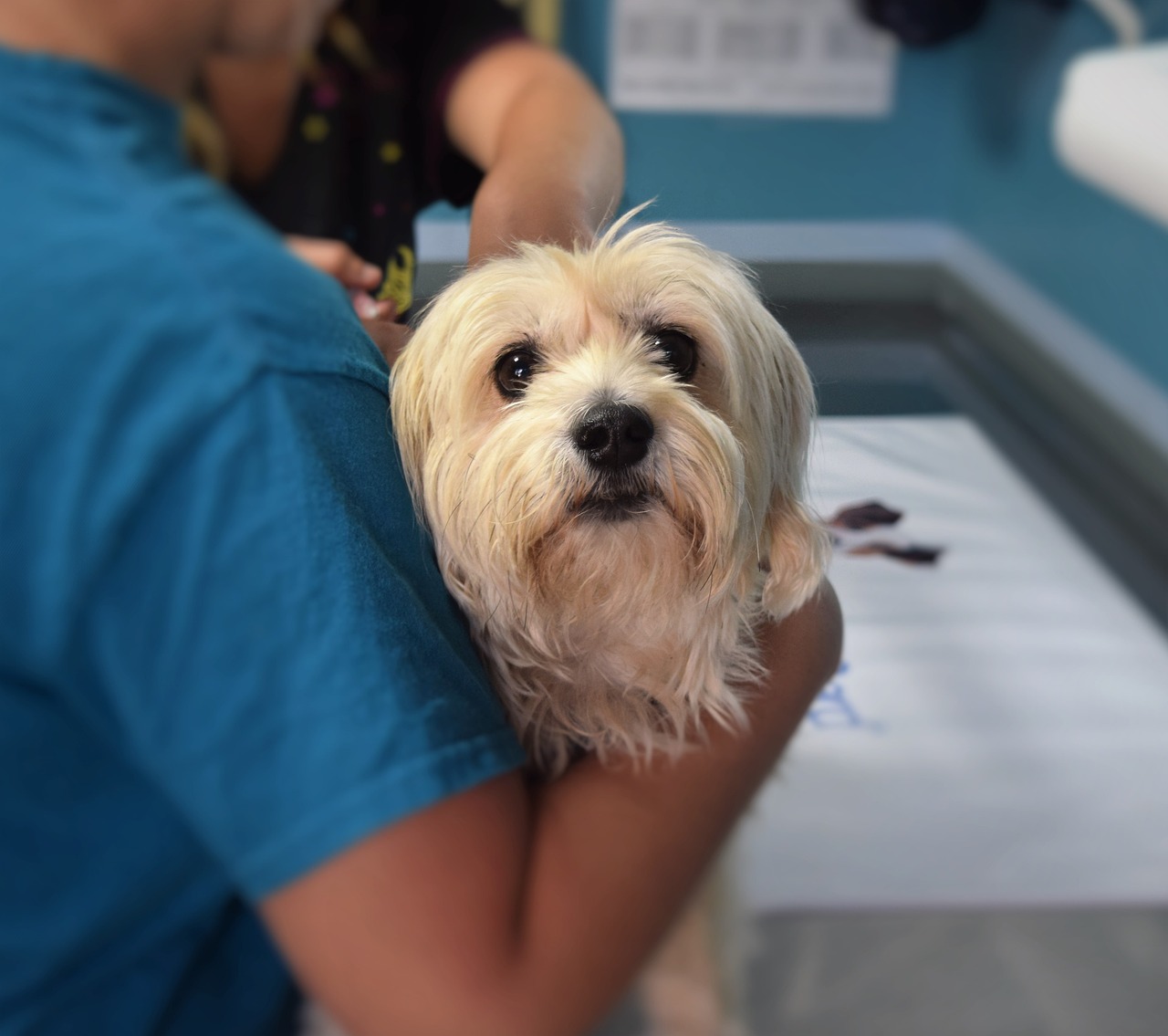Introduction
Did you know that only about 65% of pet owners made routine veterinary visits last year? That’s a concerning statistic considering how vital these visits are for your pet’s well-being.
Routine veterinary visits are essential in giving your pet a long, healthy, and happy life. These visits aren’t just about getting vaccinations; they’re comprehensive checks that can help in the early detection and intervention of emerging health problems.
In this in-depth guide, you’ll find all the information you need on the importance of annual or biannual exams, what exactly goes on during a vet check-up, and much more. Let’s dive in!
The Importance of Preventative Care
- Definition: Preventative care refers to measures taken to prevent diseases rather than curing them.
- Preventative vs. Reactive Care: While reactive care treats existing issues, preventative care aims to prevent these issues before they occur.
- Common Illnesses Prevented by Regular Check-ups:
- Ear infections
- Eye issues
- Dental health problems
- Heart and lung conditions
- Skin problems
Tip: Early detection and intervention are crucial in disease treatment, potentially saving you both emotional stress and financial strain.

The Risks of Skipping Vet Visits
Short-term Risks
- Immediate health risks such as unnoticed infections or injuries
- Potential for spreading diseases to other pets
Long-term Risks
- Risk of undiagnosed conditions becoming severe
- Shortened lifespan for your pet
- Increased healthcare costs in the long run due to complicated treatments
What Happens During a Typical Vet Check-Up?
The Initial Consultation
During this stage, you and your veterinary team will discuss any concerns or observations about your pet’s health. This is the time to bring up any behavioral changes or physical symptoms you’ve noticed.
Physical Examination
| Physical Aspect Checked | What the Vet Looks For |
|---|---|
| Ear Health | Signs of infections |
| Eye Health | Redness, cloudiness |
| Dental Health | Plaque, gum disease |
| Skin | Rashes, lumps |
| Heart and Lungs | Abnormal sounds |
| Abdominal Examination | Masses, hardness |
| Muscles, Joints, and Bones | Signs of arthritis or weakness |
Lab Tests
Routine Tests:
- Blood Work: To check for conditions like anemia or infection
- Heartworm Test: To ensure your pet is heartworm-free
- Urinalysis: To check kidney function
- Fecal Examination: To detect parasites like worms
Note: These tests are essential for diagnosing early stage illnesses that might not yet show symptoms.
Vaccinations
Your vet will update any necessary vaccinations and discuss the timing for future vaccinations.
Personalized Recommendations
Based on the findings, the veterinary team may suggest medication and lifestyle changes, providing you with invaluable pointers for pet health.
Special Focus: Dental Check
- The Overlooked Importance: Many pet owners ignore dental health, not knowing that poor dental health can lead to other systemic issues.
- What Happens: During a dental check-up, vets look for plaque, gum disease, and even oral tumors.
Special Focus: Weight Management
- The Epidemic of Pet Obesity: A staggering number of pets are overweight, leading to various health risks.
- How a Vet Can Help: Vets can give you targeted advice on diet and exercise.
- The Dangers: Obesity can lead to diabetes, joint problems, and a shorter lifespan.
Frequency of Vet Visits: How Often Should You Go?
- Puppies/Kittens: Quarterly visits
- Adult Pets: Annual or biannual exams
- Senior Pets: At least twice a year
- Pets with Chronic Conditions: As recommended by your vet
Financial Concerns
- Average Cost of a Vet Visit: $50 – $400 depending on the services
- Investment vs. Long-Term Savings: Paying for preventative care now can save you from high medical bills later.
- Pet Insurance: The pros and cons
Pro Tip: Quality time together shouldn’t be overshadowed by health worries. Consider pet insurance to offset some costs of veterinary care.
How to Prepare for a Vet Visit
- Gather Previous Medical Records: Especially if visiting a new vet
- Questions to Ask: List down any concerns you want to address
- Making the Visit Less Stressful for Your Pet: Bring a favorite toy or blanket for comfort.
Conclusion
Neglecting routine veterinary visits can be a costly mistake, both emotionally and financially. As we’ve discussed throughout this in-depth guide, these visits are not just about ticking off boxes or updating vaccines; they’re a comprehensive and holistic approach to your pet’s overall health and well-being. From physical exams that look at ear health, dental conditions, and the condition of the heart and lungs, to diagnostic testing that can catch emerging health problems, every aspect of the vet visit serves a crucial function.
Annual or biannual exams are a cornerstone of preventative care, setting the stage for early detection and intervention of potential issues. Think of it this way: when you invest in preventative healthcare for your pet, you’re essentially investing in more quality time together in the long run. Instead of reacting to health crises as they occur, which often results in costly treatments and emotional strain, you can proactively manage your pet’s health, catching problems before they escalate into major issues. This is particularly important for conditions that are more prevalent in older pets, like arthritis and diabetes, which require a long-term commitment to medication and lifestyle changes.
Furthermore, the guidance you receive from your veterinary team during these check-ups is invaluable. Personalized pointers for pet health can steer you in the right direction, helping you make informed decisions about your pet’s diet, exercise, and overall lifestyle. In a world flooded with conflicting advice, having a trusted veterinary team to turn to for accurate and tailored recommendations is truly priceless.
As we wrap up, let’s revisit the ultimate takeaway: routine veterinary check-ups are indispensable for providing your pet with a long, healthy, and happy life. So if it’s been a while since your furry friend has had a wellness visit, don’t put it off any longer. Your pet’s future health and happiness depend on the choices you make today.
If you haven’t scheduled a vet check-up recently, now is the time to do so!
Additional Resources
FAQs
- What if my pet seems perfectly healthy?
- Early stage illnesses often show no symptoms. Regular visits are still essential.
- How do I know if my vet is qualified?
- Look for vets who are board-certified and come highly recommended.


Leave a Reply